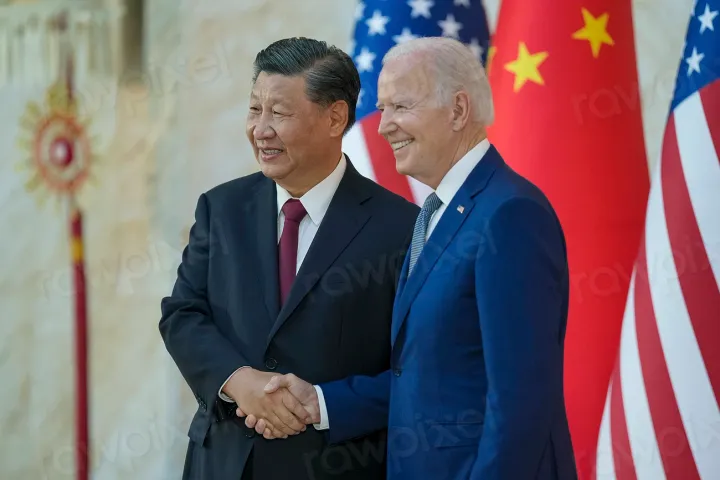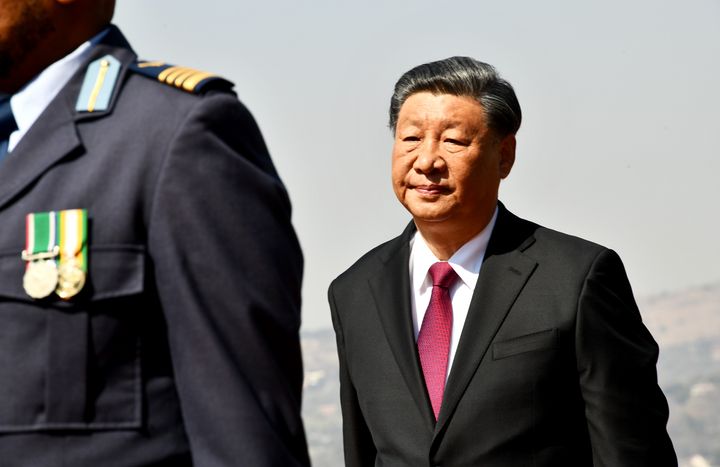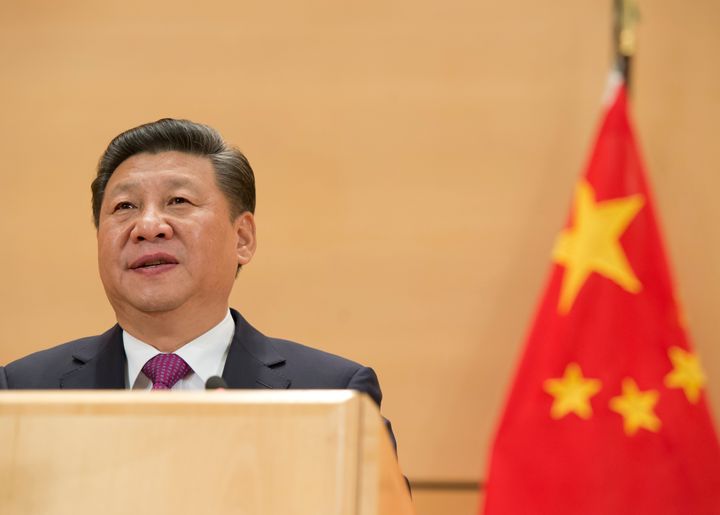Xi Takes Oath for Unprecedented Third Term

China’s leader Xi Jinping started a historic third five-year presidential term on Friday, amid domestic economic challenges and strained relations with the U.S. and its allies, Euronews reported.
National People’s Congress, China’s mostly nominal parliament with members elected by the Chinese Communist Party (CCP), unanimously voted for Xi’s appointment, putting him on the way to a lifelong presidency.
Xi Jinping, who came into power in 2012 and filled the top ranks of the CCP with his loyalists, had himself named for a third five-year term in October, deviating from the Chinese tradition of leaders stepping down after a decade.
Deleting the two-term limit on the presidency from the Chinese constitution led to speculations that now 69-year-old Xi could rule for life.
China’s leader pledged on Friday’s ceremony at Beijing’s Great Hall of the People to build a "prosperous, strong, democratic, civilized, harmonious and great modern socialist country," AXIOS reported.
Xi was appointed as the commander of the 2-million-member People's Liberation Army, which takes orders directly from the party. Meanwhile, Zhao Leji, the Communist Party's third-ranking official, was appointed as the head of the National People's Congress, with most of the body's legislative work led by its year-round Standing Committee, Euronews reported with the Associated Press.
Earlier in the week Chinese parliament placed public security, financial regulation, and technology under the direct control of the Communist Party, instead of the state, prompting concerns that Xi is consolidating power and preparing for war.
In the news, China’s president identified the U.S. as the leader of a western initiative to curb China's growth, amid pressure from Washington's restrictions on semiconductor exports, allegations of espionage, and the close relationship between Beijing and Moscow, according to Financial Times.



